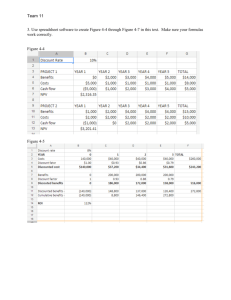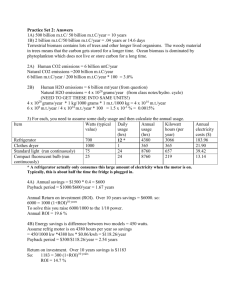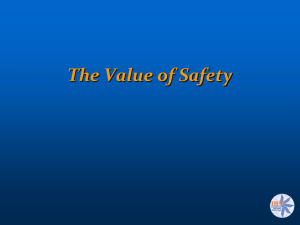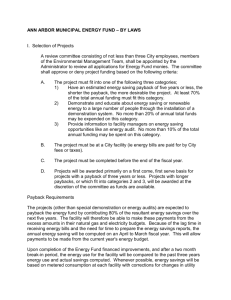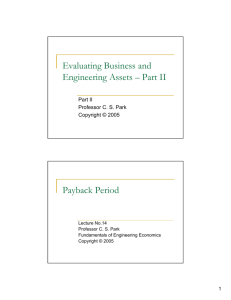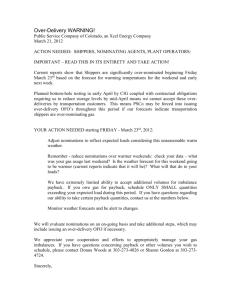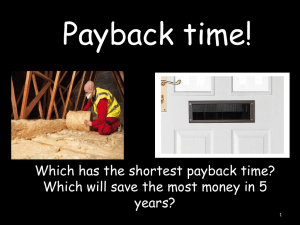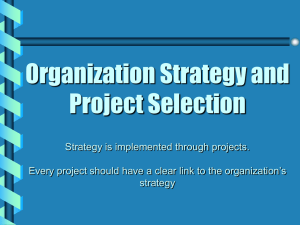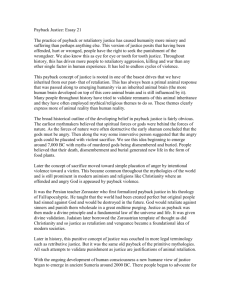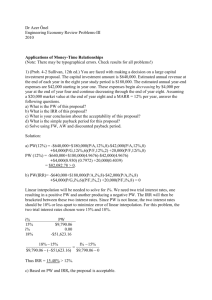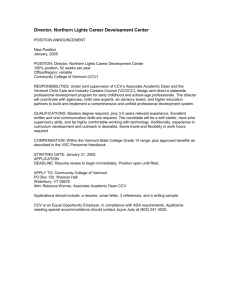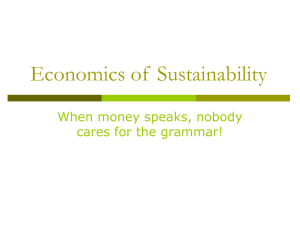EVT`s PowerPoint Template for Out of Office Use
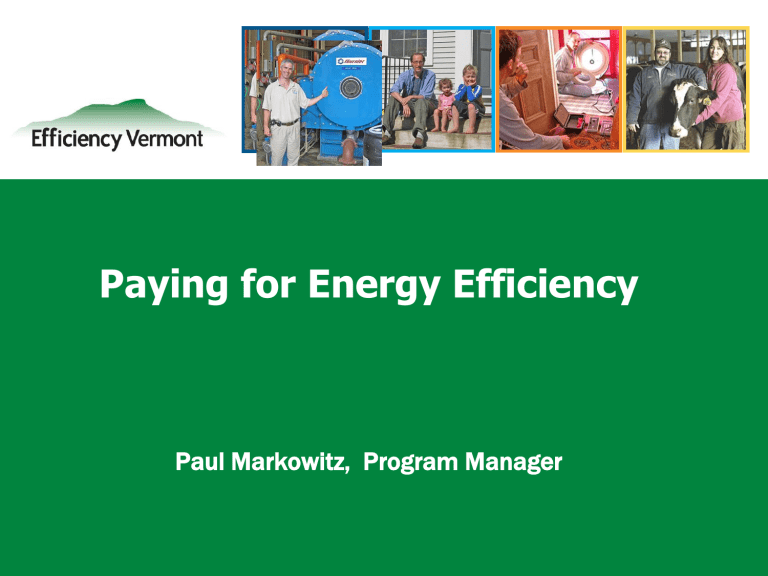
Paying for Energy Efficiency
Paul Markowitz, Program Manager
1
Efficiency as an Investment
• Money used for energy efficiency is an investment -- not an expense
• To invest -- to commit money in order to gain a financial return
To spend -- to use up or pay out
• Energy investments --return on investment (ROI) comes from future energy savings
• Compare energy investments with other investment options, e.g. savings accounts
2 2
“ROI” vs. “Payback period”
• “ Return on investment” (ROI) is a better measure of value than “ payback period”
• Payback = time needed to generate savings equal to the initial investment
• ROI vs. payback
20-year payback = 5% return on investment
10-year payback =10% return on investment
• Major energy retrofits usually have a ROI of 10-20%
3
Positive Cash Flow
• “Total cost” is frequently less important than “positive cash flow”
• Longer-term financing
Aligns the period of payment with the period of the savings (life of the measures)
Allows for most or all of the required investment to be paid out of savings
4 4
Align the period of payment with the period of the savings
Annual Costs
Annual
Savings
Annual Costs
Eight Year Loan Period
Annual Savings
Twelve-Year Loan Period
5 5
The Hand Home
Financing Scenario
(7 year personal loan at 7.50% interest)
($8,277) Total project cost/amount borrowed
Total interest
Total cost
Annual energy savings
Total energy savings during repayment period
Total cash flow during repayment period
($2,387)
($10, 664)
$2,422
$16, 954
$6,290
6
Paying for Efficiency Investments
• Weatherization Assistance Program – for qualifying households
• Incentives from Efficiency Vermont pay for a portion of the work – up to $2,000 per home
• Low-interest loans from participating lenders (credit unions and banks) 4%-9%
• Federal tax credits (up to $500) for 10% of cost of weatherization materials (insulation, spray foam etc.)
7
Weatherization Assistance Program
• Free diagnostic and improvement services for low-income Vermonters, operated by Community
Action Agencies and other agencies
• Call 211 – State hot-line
8
Home Performance with
ENERGY STAR
• Up to $2,000 in incentives from Efficiency Vermont for qualifying projects
• Extra $500 bonus for projects completed by August
31, 2013
• Covers principally thermal efficiency improvements
(insulation and air sealing) and improvements to heating system
• Hire participating contractor certified by Building
Performance Institute
• Also $5000/building for multi-family buildings
9
Other Programs
• Vermont Gas: Vermont Gas provides free energy audits and covers 1/3 to 1/2 the cost of retrofits for qualifying homes
• NeighborWorks program: offers low-interest loans for all income levels
• Numerous Vermont banks and credit unions: offering home equity (secured) and personal loans
(unsecured)
• Do-it-Yourself Home Energy Efficiency Program: eligible for same incentives as regular Home
Performance program
10
